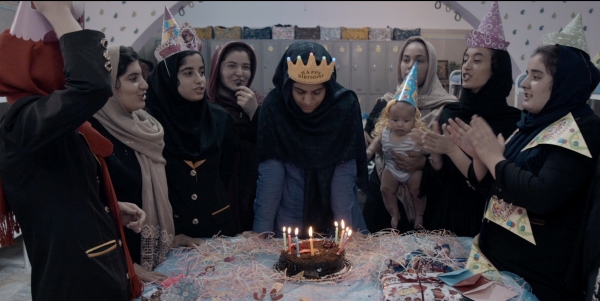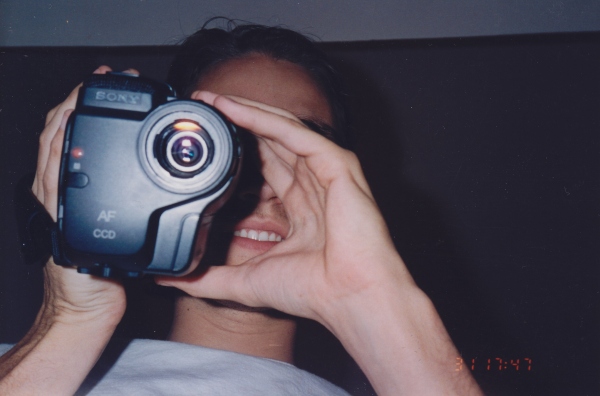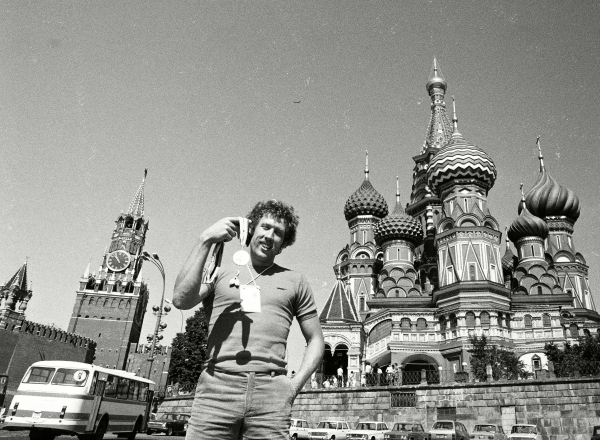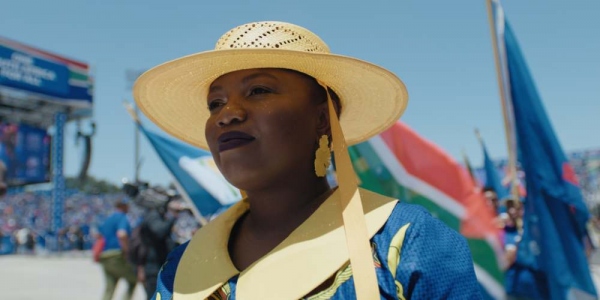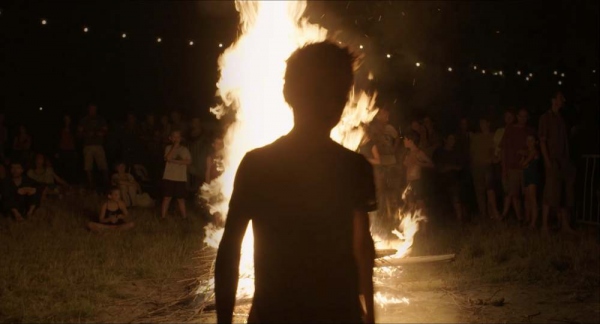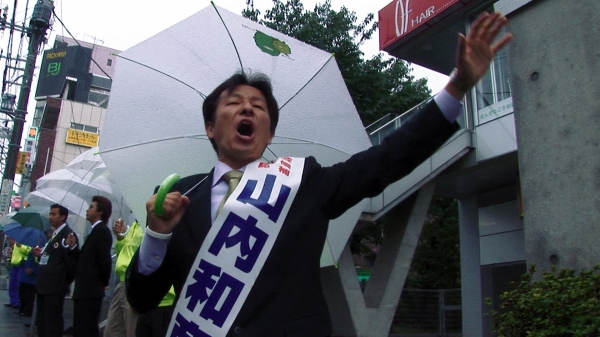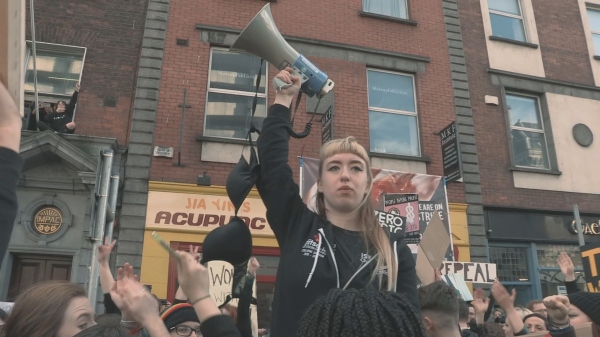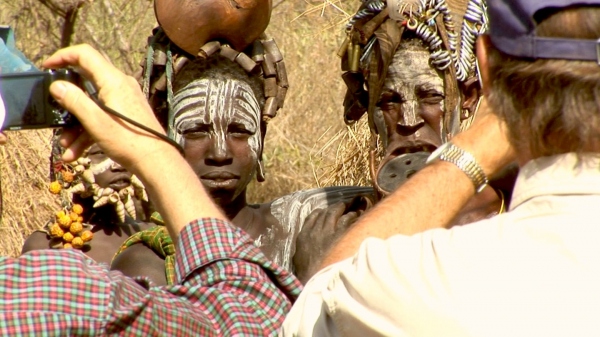Soda obtained a degree in religious studies from Tokyo University and, after moving to New York, a BFA in filmmaking from the School of Visual Arts. As a foreign correspondent for the Japanese NHK TV, he has directed a multitude of documentaries that he does not now include in his filmography. Over the years, he began to realize that the rules imposed by the television production system were the exact opposite of those that he would like to follow as an artist. When Soda learned that his university colleague was running for a post on the Kawasaki local government on behalf of the powerful Liberal Democratic Party, he decided to take a risk and make his own film. Released in 2007, "Campaign" turned out to be one of the most important political documentaries of the 21st century, thoroughly honest and surprising, not fitting into our ideas about democracy or any tradition of character building in nonfiction cinema. From then on, although his style naturally evolved, maturing primarily visually, Soda sticks to the principles he developed, which he summarized succinctly in his "Ten Commandments" of observational filmmaking. He and his wife Kiyoko, life companion and collaborator, work mainly in Japan, looking at people and places as diverse as the famous Tokyo theater company, fishermen and migrant women working in a small oyster "factory," or a veteran of Japanese open psychiatry and his patients.
Unlike many Western authors of the observational documentary, the closest of which seems to be Frederick Wiseman, Soda does not seek to create the illusion of life that appears to unfold in front of the viewer's eyes, the impression of eliminating his mediation between the film's protagonist and the viewer. The essence of his observation is not the distance between the filmmaker and protagonist, but the attention that the filmmaker devotes to the protagonist, full of focus and devoid of preconceptions. It is the readiness to discover, to accept what is yet to be observed. Therefore, among Soda's "Ten Commandments," the first three are 1. No research, 2. No meetings with subjects, and 3. No scripts. Number 4. is Roll the camera yourself, followed by 5. Shoot for as long as possible, 6. Cover small areas deeply, 7. Do not set up a theme or goal before editing, 8. No narration, super-imposed titles, or music, 9. Use long takes, and finally – 10. Pay for the production yourself.
According to Soda, an observational documentary is at the same time one that both enables and encourages the viewer to observe. This is one of the reasons why his commandment number 8 forbids off-frame narration, subtitles and music, i.e. anything that may distract the viewer or restrict his free and unfettered gaze.
To call Soda's observation careful, however, seems an extreme understatement. His uniqueness is that his observation is so deep and so benevolent, both to his characters and to the audience. Although it reveals so much, it never crosses the line into exploitation or manipulation. It is no coincidence that a film as beautiful as "Peace" is his work, showing, on the example of people and cats, that contrary to all appearances, it is a much more interesting and important question, how peace is possible at all, than why wars break out. It is also no coincidence that among the many hours of material Soda shot about Dr. Yamamoto's retirement, the real theme he discovered was the love between the doctor and his wife.
We need the gaze Soda offers us, a little bit the way Dr. Yamamoto's patients need his tranquil presence.
Maciej Nowicki

